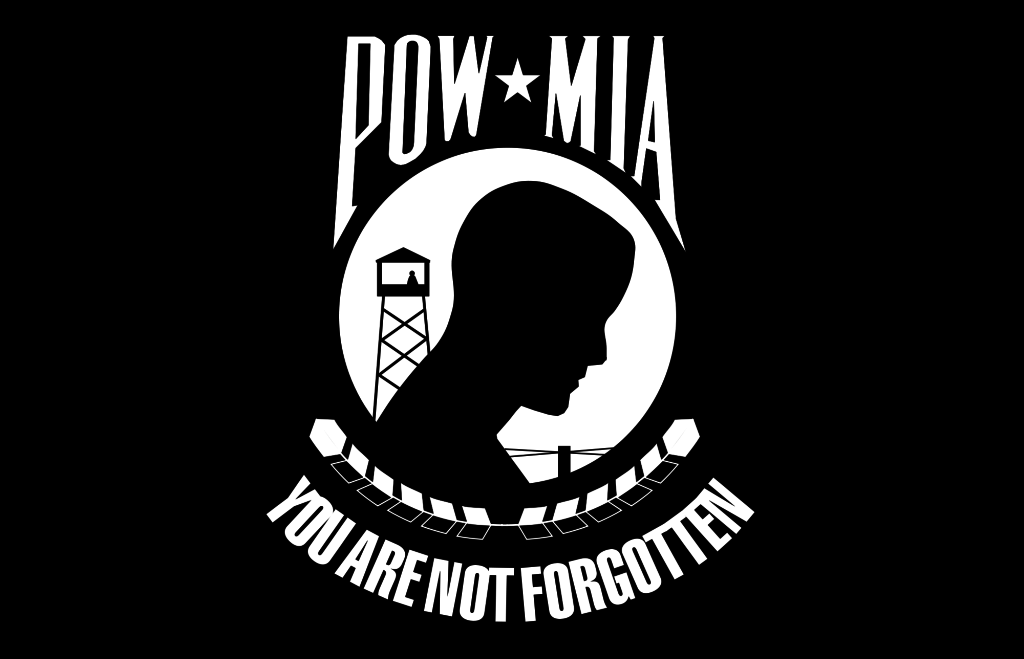by Alvin Townley
Jane Denton knew why the dark sedan had arrived that day in July of 1965. She knew why the navy captain rang her doorbell and why her stomach suddenly knotted: her husband, Jeremiah Denton, had been shot down over North Vietnam.
When Jane slowly opened the door of her Virginia Beach home, the captain assured her that Jerry had most likely become a prisoner of war. He did his best to comfort Jane and her seven children. Then he asked this thirty-nine-year-old military wife to “keep quiet.”
The captain explained anything she revealed to the press about her husband could endanger his life. Instead, she should talk with nobody about Jerry’s status—and trust that the government would bring him home soon. As a military spouse in 1965, Jane obeyed and trusted. Hundreds of other wives did the same.
Soon, North Vietnam released Jerry’s picture, so Jane knew he had survived. The next time she saw him would be ten months later, as he blinked out TORTURE in Morse code during a televised interview.
The government had led POW wives to believe their husbands were being well treated. Jane learned otherwise. Through ingeniously encoded messages, POWs began to reveal the torture and deprivation that marked their daily existence inside the infamous POW camp known as the Hanoi Hilton. Still, the government did nothing.
Jane Denton and POW wives like her neighbor Louise Mulligan and Sybil Stockdale of Coronado, California, soon realized they had to take responsibility for their husbands. These three women had seventeen children between them, yet they spoke out, defied the government’s hated “keep quiet” policy, and brought the plight of the POWs to America’s attention.
Interestingly, the husbands of these three women were, at the same time, identified by the North Vietnamese as among the most defiant and subversive POWs in Hanoi; these indomitable leaders were exiled from the Hanoi Hilton for spearheading the American resistance. Their wives proved no less defiant and committed.
Hundreds of women and family members soon joined the burgeoning National League of POW/MIA Families. Led by Sybil, Jane, Louise, and several other wives, The League began bringing a terribly polarized nation together around one point of agreement: the safe return of the POWs. Americans disagreed bitterly on the politics of the war in Vietnam, but these extraordinary women reminded everyone to support the men fighting the war, regardless of the policies behind it. That legacy lives on today.
These POW wives tirelessly lobbied Congress, the Secretary of State, and the President himself. Louise Mulligan even pounded on a table as she emphasized her outrage to Henry Kissinger—Kissinger would never forget that moment.
The League adopted a simple black-and-white flag as its standard. Today, the POW/MIA flag still flies, displaying a silhouetted image of a prisoner and the motto, “You are not forgotten.” More than six million shiny metal POW/MIA bracelets were minted, each bearing the name and shoot-down date of a POW or missing serviceman (MIA). These were America’s first cause-related wristbands.

The flag of the National League of POW-MIA Families now recognized throughout the nation. This image is in the public domain via Wikimedia Commons.
Together, the POW/MIA bracelets and the POW/MIA flag symbolize one of the most extraordinary women’s movements in American history. And until the publication of Defiant in 2014, almost nobody knew it, particularly those like me, born after the Vietnam War.
Eventually, the efforts of these women ensured the safe return of their husbands, sons, and brothers in 1973—after the Dentons and hundreds of other families had spent up to eight Christmases without their father or brother at home.
America has never had another band of sisters like the POW/MIA wives, yet these heroines have gone tragically unrecognized. It’s time America thanked these indomitable advocates, honored them, and learned from their example of faith, perseverance, and boldness in pursuit of a just cause.
ALVIN TOWNLEY is the acclaimed author of Legacy of Honor: The Values and Influence of America’s Eagle Scouts, Spirit of Adventure: Eagle Scouts and the Making of America’s Future, and Fly Navy: Discovering the Extraordinary People and Enduring Spirit of Naval Aviation. He lives in his hometown of Atlanta, Georgia. His latest work is Defiant
